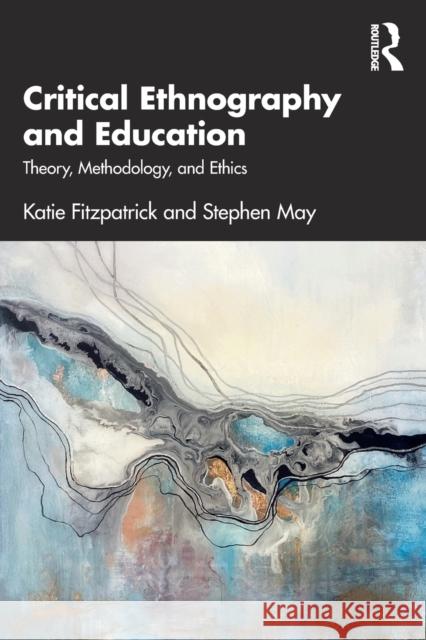Critical Ethnography and Education: Theory, Methodology, and Ethics » książka
Critical Ethnography and Education: Theory, Methodology, and Ethics
ISBN-13: 9781138631960 / Angielski / Miękka / 2022 / 185 str.
Critical Ethnography and Education: Theory, Methodology, and Ethics
ISBN-13: 9781138631960 / Angielski / Miękka / 2022 / 185 str.
(netto: 195,86 VAT: 5%)
Najniższa cena z 30 dni: 193,06
ok. 22 dni roboczych.
Darmowa dostawa!
The important contribution of this international methodological and practical guide to doing critical ethnographic work in education settings is its original approach to addressing the theory/method interface in relation to current concerns of social justice and (in)equality in education, along with their ethical implications. It takes a broad view of education as including both educational institutions as well as community education and the learning that goes on in public spaces, families and other out-of-school contexts. Drawing throughout on existing critical ethnographic work as exemplars and including vignettes of the intersection of theory, method and educational practice(s), the book accomplishes two key aims: it provides an overarching thematic and historical overview of critical ethnography in education, and at the same time addresses contemporary issues of power and inequality, and their often complex intersectionality in education. The central premise is that connecting a theory-of-method and a method of theorizing that effectively interweaves social theory with and throughout the research process is essential to address the hard questions and challenges associated with key issues of social justice in education.











